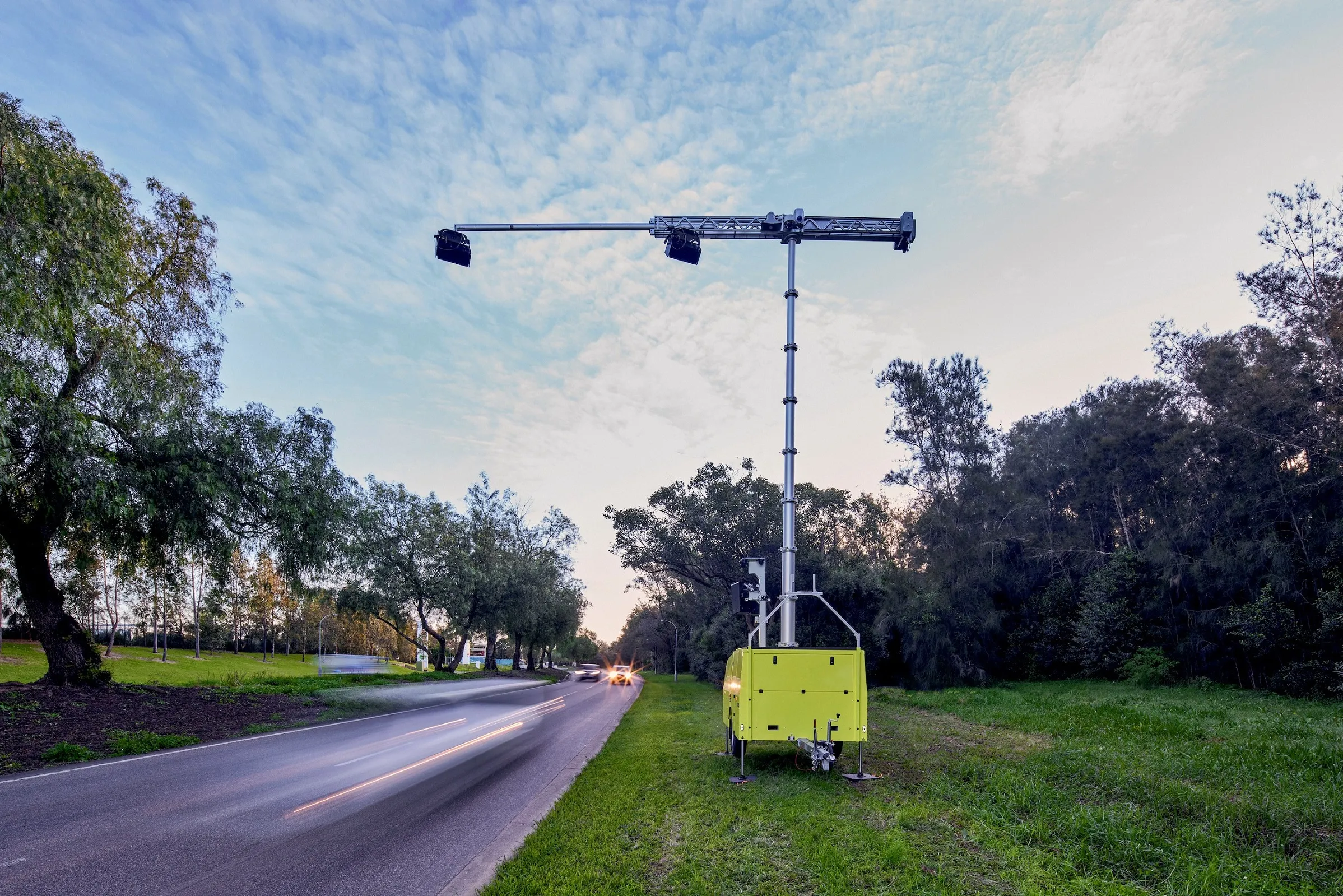83% of Canadians surveyed believe that texting while driving has got worse over the past three years and is also their number one concern alongside drink driving, according to the latest research from the Canadian Automobile Association (CAA). In addition, 96% said that drivers who text are a threat to their personal safety on the road.
January 2, 2018
Read time: 1 min
83% of Canadians surveyed believe that texting while driving has got worse over the past three years and is also their number one concern alongside drink driving, according to the latest research from the Canadian Automobile Association (CAA). In addition, 96% said that drivers who text are a threat to their personal safety on the road.
CAA’s findings are based on a poll of 2,003 Canadians carried out in November, which also showed that other distractions while driving such as emailing, talking on mobile phones and talking to/engaging with in-car technologies are increasingly becoming an issue.
Jeff Walker, chief strategy officer, CAA National, said: "Despite anti-texting and driving laws in all provinces across the country and several years of public education campaigns, Canadians still don't seem to be getting the message.”
"Studies show drivers are as much as 23 times more likely to get into a collision when they text and drive. It's important we all put our devices down and stay focused on the road”, Walker added.









